- Need Technical Assistance? ncrar@getvfairs.io
 September 20, 2023 07:45
September 20, 2023 07:45
 September 20, 2023 08:00
September 20, 2023 08:00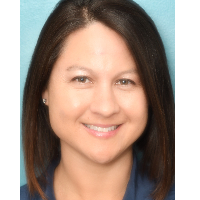
Leonie Heyworth, MD

VA Connected Care was designed to be integrated into the daily lives of both VA staff members and the Veterans they serve in order to enhance the accessibility, capacity, quality, and experience of VA care for Veterans, their families, and their caregivers anywhere in the country. This talk will describe VA telehealth, modalities used to achieve it, and the VA’s long history of developing high quality care in this eHealth space. Information will be provided on how to access virtual health resources and how Veterans can be subsidized to defray costs related to some of these services. Future directions in VA telehealth will be discussed
 September 20, 2023 09:00
September 20, 2023 09:00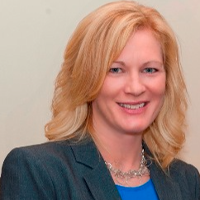
Rachel McArdle, PhD
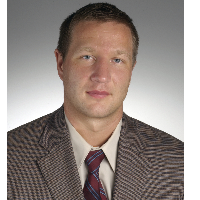
Chad Gladden, AuD

The Department of Veterans Affairs (VA) has long been considered a leader in providing teleaudiology and virtual care services. VA’s TeleAudiology services have increased dramatically in the last decade to more than 100,000 encounters in FY22. With the continued Veteran demand, as well as expanded scope of various models, there is a need to continually provide the field with the most current and up-to-date information on all aspects for teleaudiology service delivery.
 September 20, 2023 10:30
September 20, 2023 10:30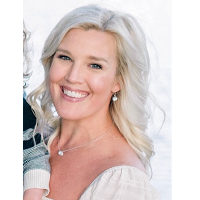
Emily Seals, AuD

Asynchronous automated audiometric testing is a versatile technology that can be deployed in several clinical settings and fill a variety of clinical needs. Benefits of improving clinic access and improving patient satisfaction due to expanded access to care through reduced wait times or reduced drive times will benefit the patient and clinical staff alike. Use of automated audiometric testing does not diminish the importance of the Audiologists role in providing quality care to Veteran’s. Rather, it is a tool that can broaden the reach of Audiology and contribute to the modernization of our field.
 September 20, 2023 11:30
September 20, 2023 11:30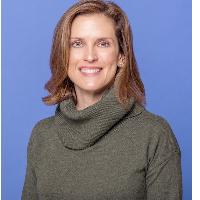
Anna Black, AuD

Telehealth creates the opportunity to serve patients residing in rural or otherwise hard to reach communities. This modality of care alleviates the stress associated with travel and costs incurred by our patients. Furthermore, it increases safety for any aging or chronically ill patient populations, who should not be driving or travelling at all. Teleaudiology services should provide the same valuable evidenced based practices the patient receives in the traditional face to face modality of care. This presentation will provide information on realistic and successful implementation of these services.
 September 20, 2023 13:30
September 20, 2023 13:30 John Kokesh, MD
Samantha Kleindienst Robler, AuD, PhD

Drs. Kokesh and Robler have worked in rural Alaska for a combined 40+ years, conducting clinical research and developing clinical protocols for delivering audiology and ENT services in rural Alaska. Dr. Kokesh was a pioneer in the development, evaluation, and implementation of asynchronous telemedicine services across the state of Alaska. Dr. Robler currently builds on that work, researching novel models of care using telemedicine to address preventable infection-related hearing loss in the rural setting. This is a follow-up presentation from one given 10 years ago.
 September 20, 2023 14:30
September 20, 2023 14:30
Click on the names of the authors below to view the Posters
Laura Coco
Aura Gordan
Cecilia Lacey
Trisha Milnes
Emily Thielman
Alexea Mullis
Alexa Zuniga
 September 20, 2023 16:00
September 20, 2023 16:00
Click on the names of the authors below to view the Posters.
Megan Fink
Marcus Milani
Trisha Milnes
Courtney Panek
Shion Simms
Hunter Stuehm
Haley Szabo
 September 21, 2023 08:00
September 21, 2023 08:00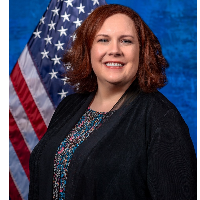
Amber Tierney, AuD, CPXP

This presentation will focus on the customer experience (CX) of TeleAudiology patients. Human-Centered Design (HCD) will be discussed as the basis of research and design of TeleHealth Journey Maps. We will discuss the process used by the National Veterans Experience Office to create the Telehealth Journey Map leading to the Telehealth Veterans Signals (V-Signals) survey. An overview of the V-Signals platform and capabilities to will be provided to review how we obtain real-time feedback from our TeleAudiology VA patients. We will also discuss how to best use CX data to continue to improve the customer experience for TeleAudiology patients.
 September 21, 2023 09:00
September 21, 2023 09:00
Catherine Edmondss, AuD

This presentation will provide instruction for creating and scheduling into group clinical profiles in VISTA and CPRS, creating group links in Virtual Care Manager, documentation and coding for group care in CPRS and telepresence tips for group providers.
 September 21, 2023 10:15
September 21, 2023 10:15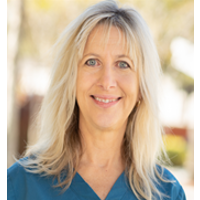
Paula Myers, PhD
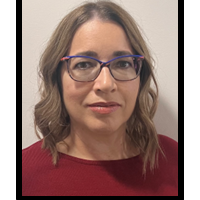
Idalisse Martinez, AuD

The VA FY 2022-2028 Strategic Plan delineates goals and objectives that focus on areas that contribute to Veterans’ improved well-being and quality of life. Some of the specific objectives are to customize Whole Health care for Veterans and improve service delivery to enhance health outcomes. Virtual technologies can expand access to healthcare. By integrating Whole Health and mobile health technologies (i.e. the Annie app), the VA aims to provide comprehensive and personalized care to Veterans. This approach empowers Veterans to take an active role in their own health and make informed decisions based on their personal goals.
 September 21, 2023 11:15
September 21, 2023 11:15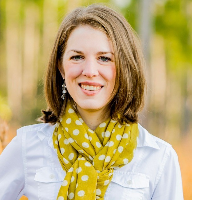
Danielle Crawford, AuD
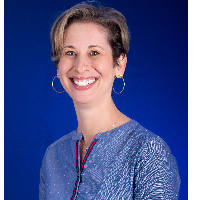
Erica Dombrowsky, AuD

The pandemic brought about a unique opportunity for Audiology to address how we provide patient care. The onset of the pandemic coincided with the release of remote programming options to the VA which opened the door further to be innovative and forward thinking. We will address how the Audiology is taking advantage of the VA Video Connect system to increase patient care opportunities and show how remote programming has benefitted our patient population. There will be a focus on considerations when implementing virtual care, how to get patient and provider buy-in, highlighting positives on patients and clinics alike.
 September 21, 2023 13:15
September 21, 2023 13:15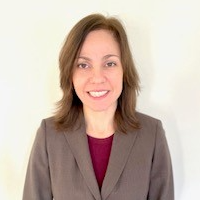
Cyndi Trueheart, AuD

The Connecticut VA has expanded access to cochlear implant technology to VA sites across the country. Access to consistent cochlear implant services may still be challenging, especially for Veterans who reside in rural and remote areas. Routine availability of cochlear implant programming using clinical video telehealth (CVT) significantly improves access to cochlear implant care. Benefits of remote programming include decreased wait times, less travel time and cost, and improved adherence to treatment plans. This presentation will discuss the infrastructure for building a remote cochlear implant programming service, as well as telehealth considerations for aural rehabilitation with cochlear implant recipients.
 September 21, 2023 14:15
September 21, 2023 14:15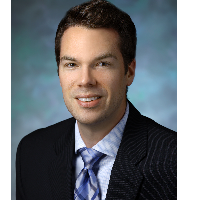
Dan Gold, DO
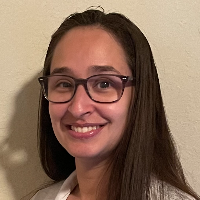
Krystal Vera, AuD

The presentation will discuss an approach to the virtual assessment of dizziness and balance disorders and describe a novel "Tele-Dizzy" video-oculography based triage service. It will further provide an overview on vestibular management of dizziness symptoms via virtual care along with incorporating a whole health approach
 September 21, 2023 16:00
September 21, 2023 16:00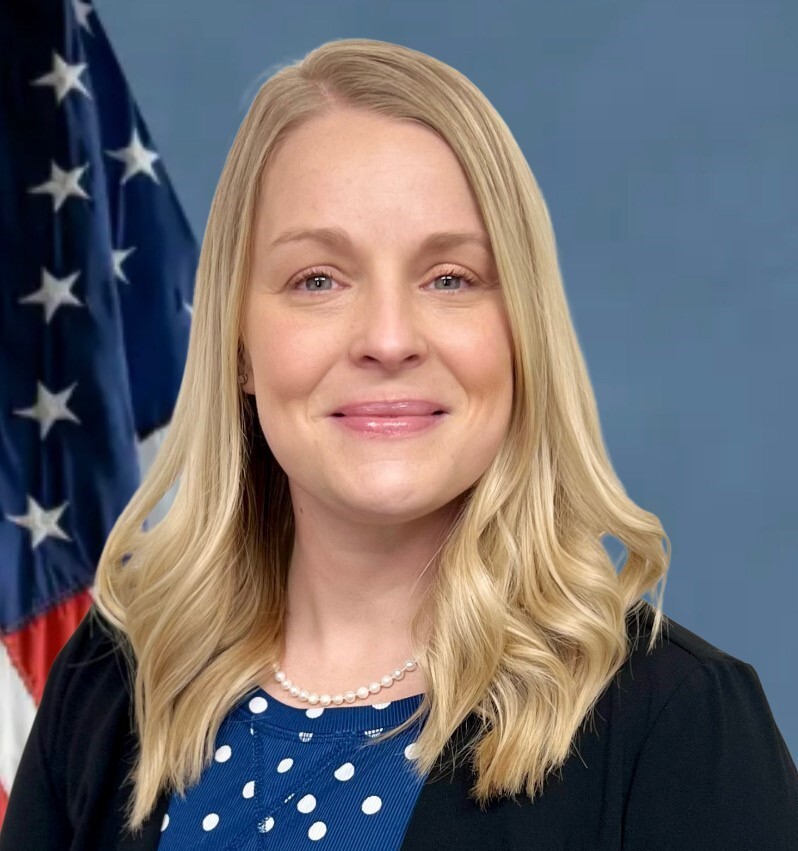
Michele Gortemaker, AuD
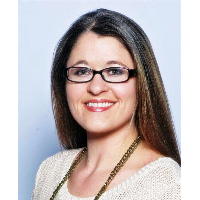
Tristan Lien, AuD

VHA has been working towards determining if a hub and spoke model for asynchronous automated audiometry could be implemented across a full VISN. This effort is still in process, and we are working towards continued growth in all 21 sites. We will discuss the successes of the pilot thus far, the challenges we faced when implementing this project, the current status of each location, the various ways the equipment and asynchronous process is being implemented across the VISN, a recommended path for future progress in the project, and the feasibility of expanding this program on a larger scale.
 September 22, 2023 08:00
September 22, 2023 08:00
Darrin Worthington, AuD
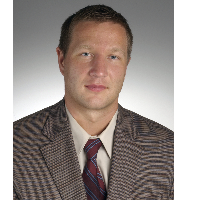
Chad Gladden, AuD

Given the ever-expanding world of technology coupled with a large demand for safe, convenient healthcare in both rural and urban settings, how do we as clinicians and providers keep up? In this presentation, an overview of integration of virtual care in healthcare, including the audiology practice will be discussed. This presentation aims to provide a synopsis of how the landscape of virtual care has changed in the past, present, and for the possible future.
 September 22, 2023 10:30
September 22, 2023 10:30
Chad Gladden, PhD
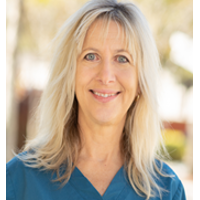
Paula Myers
Heather Kamath
Cara Michaux

Darrin Worthington

The teleaudiology panel discussion will provide an opportunity to discuss key topics covered during the conference. The moderator will query fellow presenters/subject matter experts in a virtual round-table format with talking points including successes, barriers, new/emerging opportunities, unexpected/new challenges, and building sustainable practices and delivery models. The final minutes will summarize the key conference takeaways.
 September 22, 2023 12:00
September 22, 2023 12:00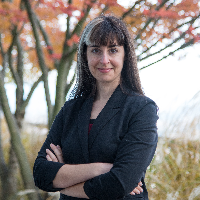
Sarah Theodoroff
Kelly King
Laura Coco
Lori Dreisbach

NCRAR Research Investigator, Dr. Sarah Theodoroff, will moderate this informal roundtable discussion and will serve as a panelist with Dr. Laura Dreisbach Hawe (Associate Professor, San Diego State University), and Dr. Kelly King (Program Officer, NIH/NIDCD). This event will give students and early career researchers an opportunity to hear about the experiences of scientists employed in different research capacities and the decision-making process that went into navigating the choices they’ve made throughout their careers. Potential topics include: pros/cons of getting a PhD and the differences in research (and funding) opportunities if you have with a PhD vs. AuD; conducting research in an academic setting vs. a clinical setting; and general Q&A. Come and listen to the conversation and bring your career questions for our distinguished panel.
Poster Title
Poster Title